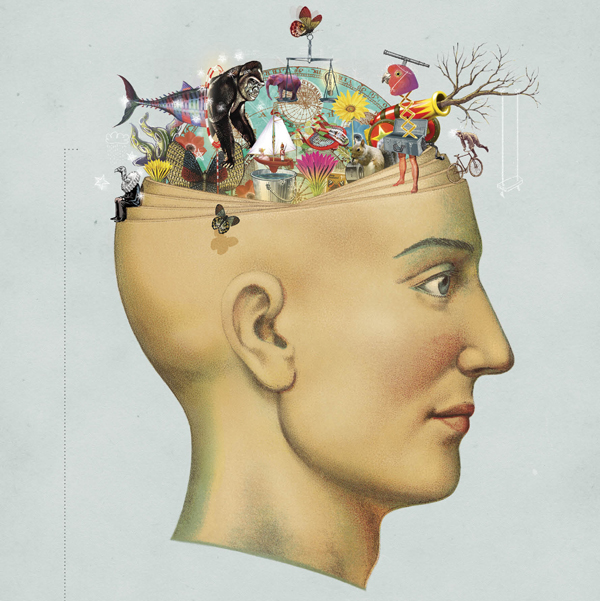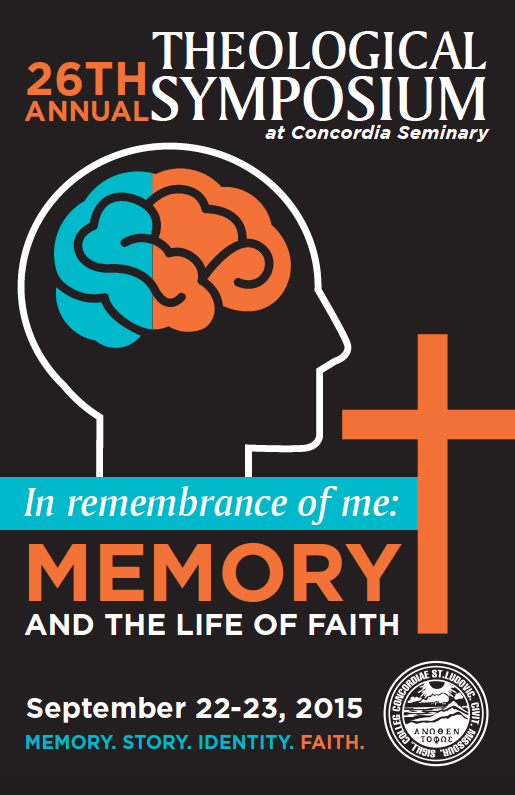
When someone asks you to tell them something about yourself, what do you say? Chances are you tell them a little bit about your story, your biography. When and where you were born. Where you grew up and attended school. You may say something about your family and your career, etcetera, etcetera.
The stories that we tell about ourselves are a collection of memories that we have strung together into a narrative. These stories all depend upon our memories. But why did you select certain events in your life and not others? Why do these memories stand out and not others? Is it because of the emotional impact they had on you or the life-changing nature of the event?
But it is not just our own memories that become a part of who we are. Our stories include memories that have been shared with us that we have made our own. For example, we have few memories from early childhood. But our families often share with us their memories of what we were like or what we did…and those memories become ours as well.
Family stories become family memories, told and retold. Ask great grandma about her memories of the trip over from the old country, of the Great Depression. What does she tell? What doesn’t she tell? Those become our memories, and we retell them to those who come after us.
What is true for individuals and families is also true for every congregation and for the church. What do we select to tell ourselves about the Reformation? What do we choose not to include in the story? Do we remember it as a “golden age”? Why? When we teach catechesis, we are handing on the memories of the church. The creed is a recitation of the story and memories of the church.
The ongoing life of the church is, at least in part, the receiving and handing on of memories, the cherished memories we tell time and again, the ones we recover from what had been forgotten.
+ + +
 Concordia Seminary’s 2015 Theological Symposium, “In Remembrance of Me: Memory and the Life of Faith” (September 22-23), will explore the practical implications of questions like these in light of all we are learning about brain research into memory, identity formation, and community. Click here for more information.
Concordia Seminary’s 2015 Theological Symposium, “In Remembrance of Me: Memory and the Life of Faith” (September 22-23), will explore the practical implications of questions like these in light of all we are learning about brain research into memory, identity formation, and community. Click here for more information.

Leave a Reply
You must be logged in to post a comment.